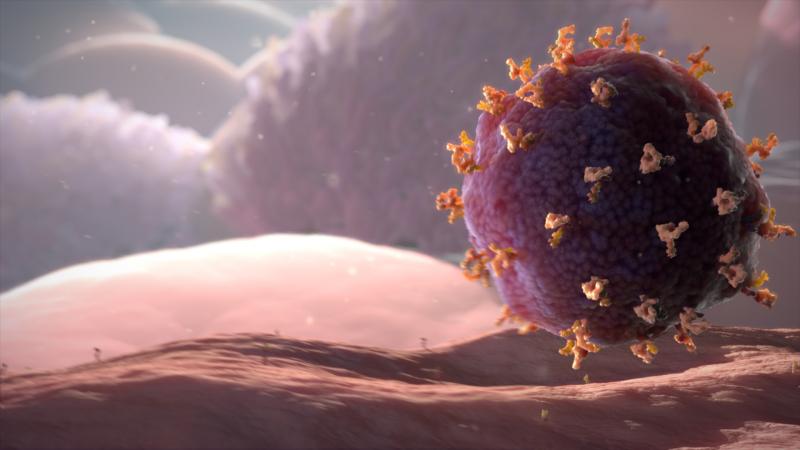Edward (Ted) Kreider

Dr. Ted Kreider is an assistant professor at the Perelman School of Medicine at the University of Pennsylvania and a member of the Weissman lab. Ted has a bachelor’s degree (BA) in biochemistry and a master’s degree (MS) in chemistry. He earned both his medical degree (MD) and his Doctor of Philosophy degree (Ph.D.) in a combined academic program. After completing an infectious diseases fellowship, Ted joined the Weissman lab at the Penn Institute for RNA Innovation focusing on the mRNA-LNP (messenger RNA -lipid nanoparticle) platform for its potential to prevent or treat HIV. Ted also established and co-directs the “Summer Program in Infectious Diseases Research” (SPIDR) and the “Center for AIDS Research (CFAR) Scholars” program to mentor undergraduate and medical students.
How did you first become interested in science?
Science classes were always my favorite in school, but my career path became clearer when I entered a lab. In the lab as an undergraduate, I encountered the thrill of scientific discovery when I researched a virus called Kaposi sarcoma-associated herpesvirus or KSHV. This virus can stay dormant in the body for many years and cause problems like cancer if the immune system is compromised. Uncovering new knowledge, particularly knowledge that could benefit human health and wellbeing, became a source of personal and professional excitement.
What was your favorite science class?
All of them. In high school, I loved chemistry, biology, and physics. In college, I got the chance to study biochemistry, crystallography, genetics, and even animal behavior. Each class taught to me to look at the world through a different lens, and my current approach to scientific inquiry is informed by my cumulative academic experience.
Who was your favorite science teacher growing up and why?
My Mom. She taught me throughout high school and challenged me to push past my comfort level.
When did you know you wanted to pursue a career related to science?
My vision for my career developed over many years and still changes to this day. While it may appear that I started down a trajectory early on and pursued my goals with intense focus, the reality felt much more like a winding road. To this day, I learn new things about this career path and adjust course as I go. It is an evolving process, which is why I think many scientists view themselves as lifelong learners.
What advice do you have for students interested in a STEM career?
Take risks; work hard; learn something new, and do not be afraid to fail. Science is a rewarding path. While it may at times feel competitive or unattainable, we are all human beings who got to where we are through hard work and overcoming obstacles.
What is your favorite part of your job?
Pretty much all of it! I love teaching trainees, taking care of patients, analyzing and presenting data, and brainstorming ideas for the next set of experiments. This is truly a career path for those who enjoy multiple aspects of science and medicine.
See Dr. Kreider in a VMP video or check out this article about research related to the use of mRNA technology for HIV, cancer and sickle cell disease.

